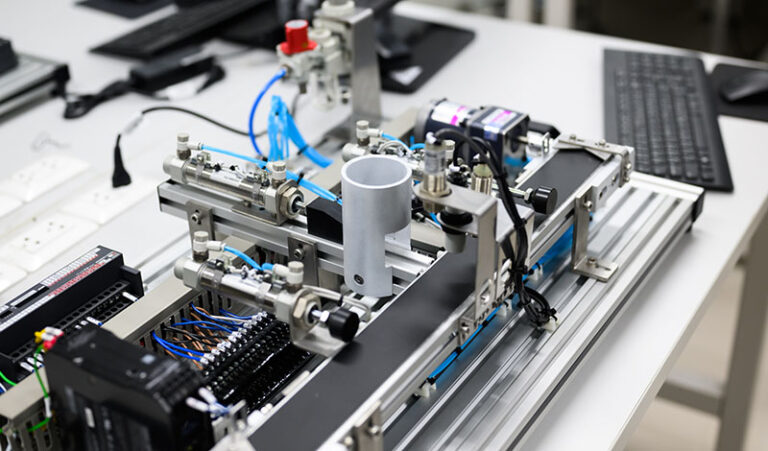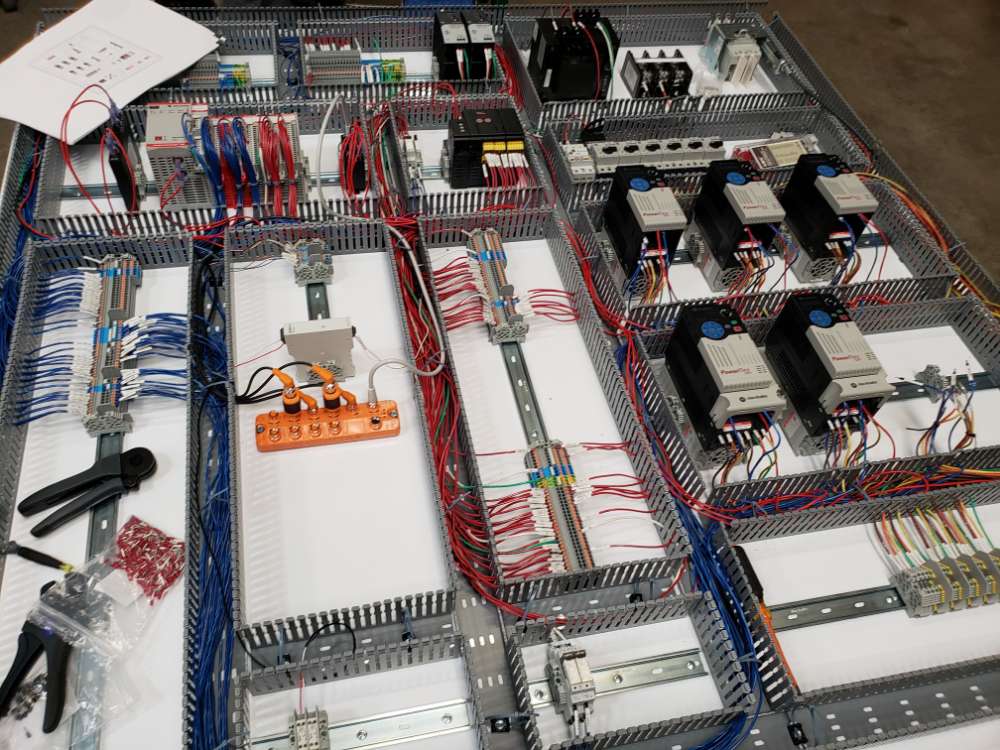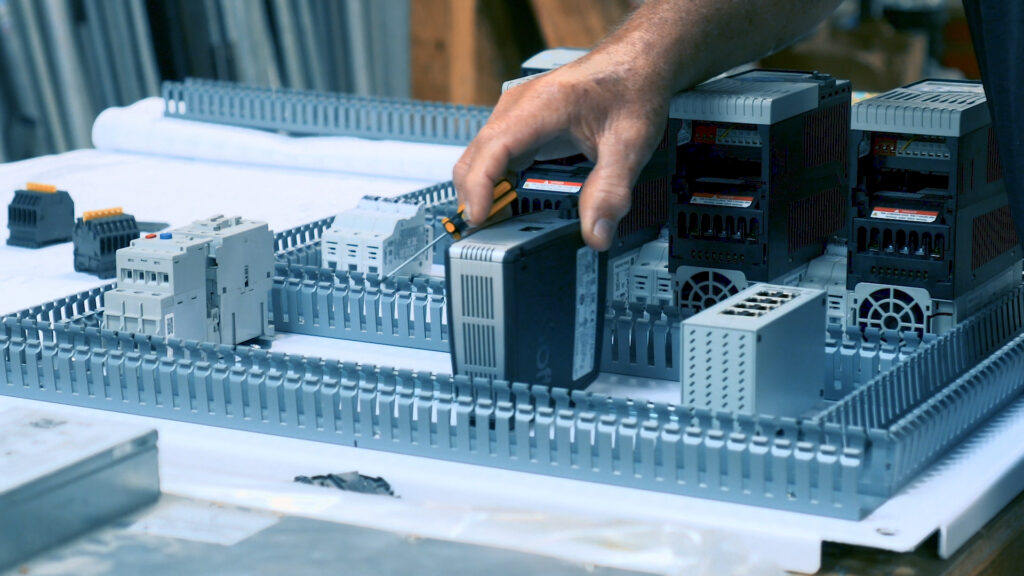
Electricity is a fundamental component of any industry; it powers our homes, schools, and businesses. The efficiency and effectiveness of industrial electrical systems greatly depend on the operational technology employed. Understanding the intricacies of advanced electrical systems is crucial to ensure they work at optimal levels.
The service panel and circuit breakers play vital roles in distributing electricity efficiently across buildings and equipment. These are the components that regulate the electric current and prevent overloads or surges. Ultimately, they ensure the safety and longevity of electrical systems.
The fast-paced and constantly evolving industrial landscape demands a comprehensive comprehension of these systems. They enable organizations to save on costs, and time and operate sustainably.
When it comes to powering a home, electrical systems are relatively simple. Flip a switch and the lights come on. Plug in an appliance and you’re ready to go. But the same cannot be said for industrial control systems.
In order to keep a factory or manufacturing plant running smoothly and safely, a much more comprehensive approach is required.
This is because the role of lights and appliances in industrial settings is so much more complex than in domestic environments. Industrial equipment often needs to be controlled remotely, or shut down in case of an emergency.
It’s not just a matter of flicking a switch – it requires careful planning, monitoring, and maintenance. Understanding these differences is crucial for anyone involved in the design or management of industrial control systems.
Electricity is a powerful resource that has the potential to transform our lives for the better. However, it is also inherently dangerous if it is not managed properly. That’s why it’s critical to follow the National Electrical Code when designing electrical systems.
This code sets standards for everything from wire placement to the type of electrical meter used. In particular, the code highlights the importance of using a neutral wire and ensuring that electrical wiring is installed correctly to avoid dangerous shocks and electrocution.
Furthermore, the electric meter plays a key role in monitoring and controlling electrical usage. This is critical for safety and energy efficiency. By breaking down the National Electrical Code and following its guidelines, we can create a safer and more sustainable electrical infrastructure for everyone.

As technology continues to advance, our reliance on industrial control systems has become increasingly prevalent. However, with this, increased reliance also comes an increased vulnerability to cyber threats.
Cyber attacks on industrial control systems can quickly compromise critical infrastructure and pose a serious threat to national security. Therefore, it is imperative that we improve cybersecurity measures to protect these crucial systems. A well-maintained electrical system is not only essential for productivity but also for safeguarding our country’s security.
The Department of Homeland Security plays a critical role in this process. They work to prevent attacks and respond promptly should a threat occur. The implications of a robust electrical system cannot be overstated. This is why it’s important that we take action now to bolster our defenses against cyber threats.
Ensuring that your facility is properly maintained and the electrical system is working optimally is essential to maintaining a safe and productive work environment. However, even with the most comprehensive maintenance plan in place, electrical problems can still arise.
That’s when it becomes crucial to identify and troubleshoot the issue quickly and effectively. But where do you turn? That’s where choosing the right professional electrical services can make all the difference.
With the right team in place, you can rest easy knowing that your business’s electrical needs are being taken care of by experts who will diagnose and fix the problem quickly.
Regular inspections of your electrical system by professionals will also ensure that any potential issues are addressed before they escalate into major problems that could negatively impact your business operations.

It is exciting to explore the possibilities of harnessing advanced electrical systems in order to boost productivity. With the advent of cutting-edge technology, companies are now equipped with the tools necessary to streamline processes and achieve new heights of efficiency.
By investing in improvements to their industrial control systems, businesses can effectively manage their operations and resources in a more effective manner than ever before.
This, in turn, can lead to significant growth and success for the company as a whole. With the potential to revolutionize the way industries operate and function, it is clear that the future of industrial control system improvement holds great promise for businesses in every sector.
The industrial sector has always relied on electrical systems to power their machinery and keep the production lines moving. However, the importance of well-planned and expertly executed electrical services cannot be overstated. With the rise of advanced electrical and control systems, industries are experiencing optimized operations and increased efficiency.
As technology continues to evolve, it is clear that these systems will play an even more crucial role in the future of industry. The benefits of implementing such systems include reduced risk of equipment failure, better control over the production environment, and ultimately, increased profitability.
As companies continue to invest in these electrical and control systems, we can expect to see lasting improvements in the productivity and bottom line of businesses across the board.
If you’re interested in exploring the possibilities of improved electrical systems for your business, contact one of our experts today! Our team is dedicated to helping you identify the best solutions to enhance your operations and ensure the safety of your employees.